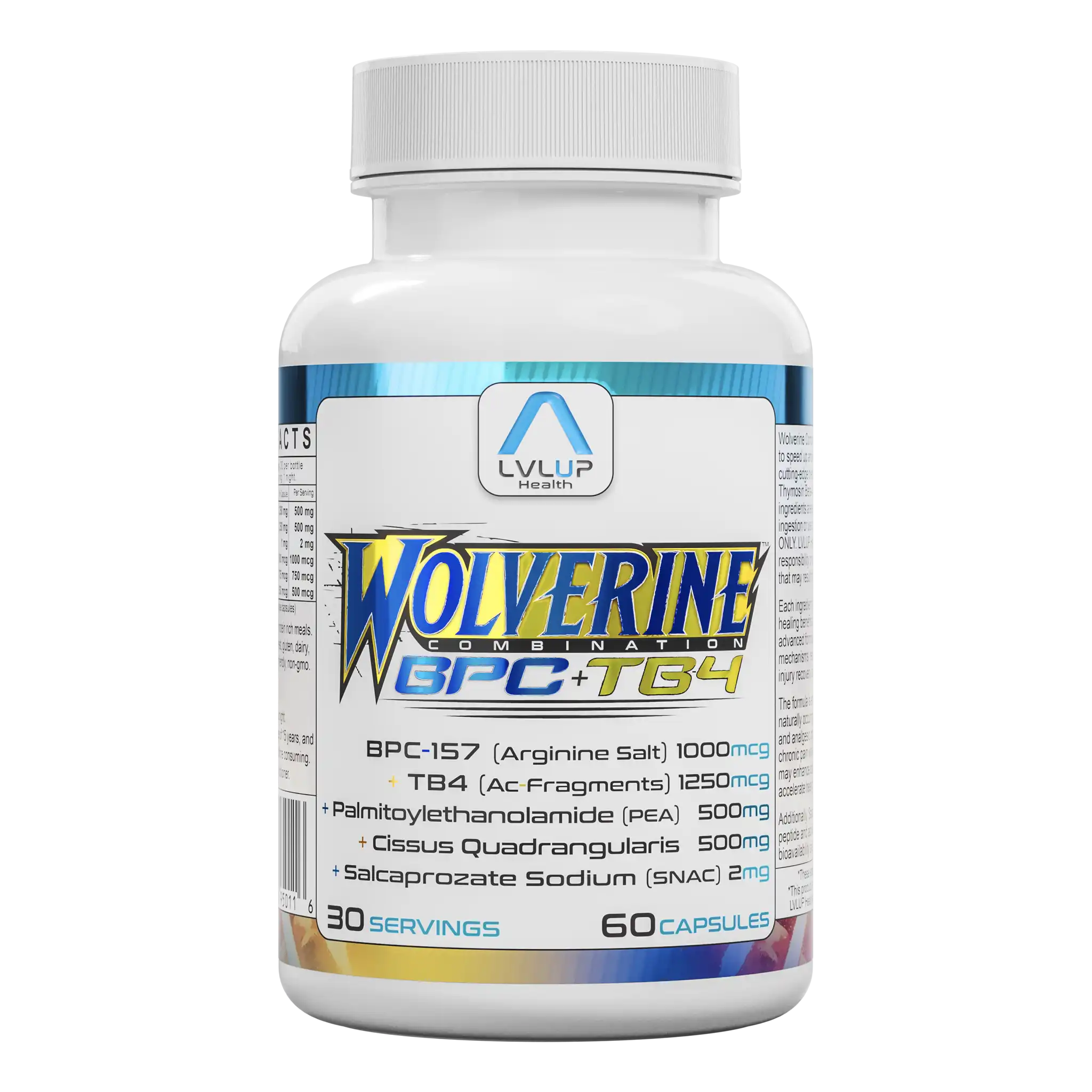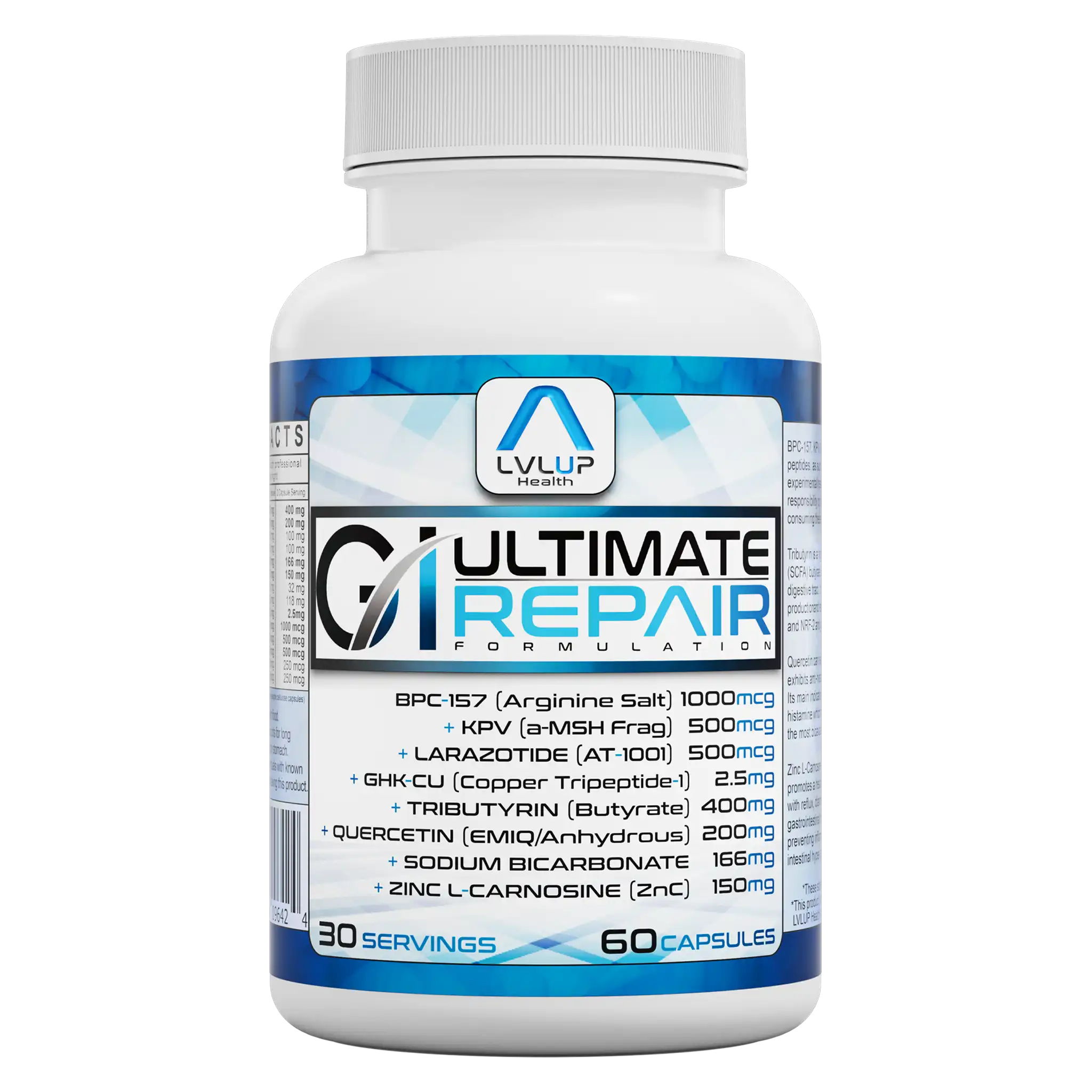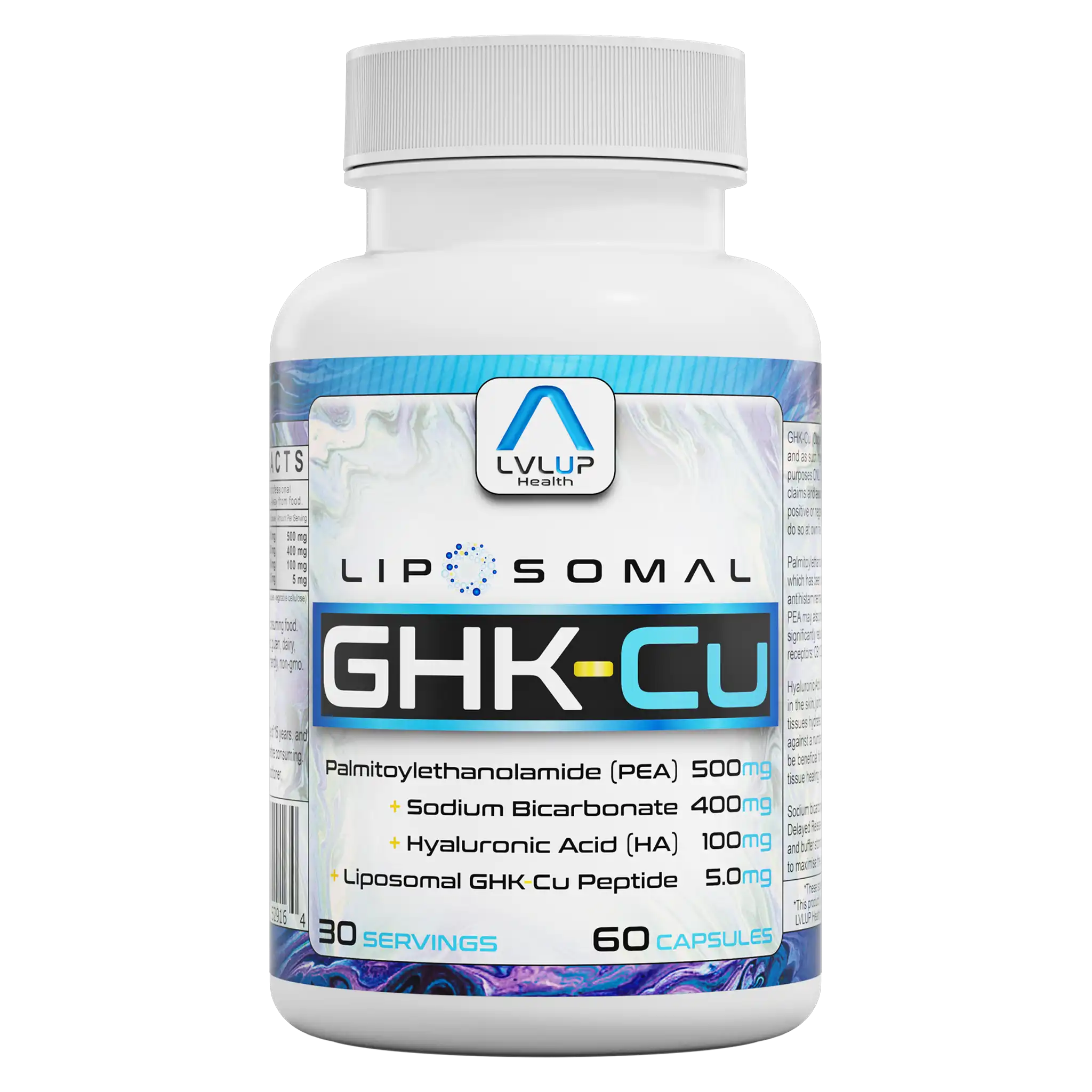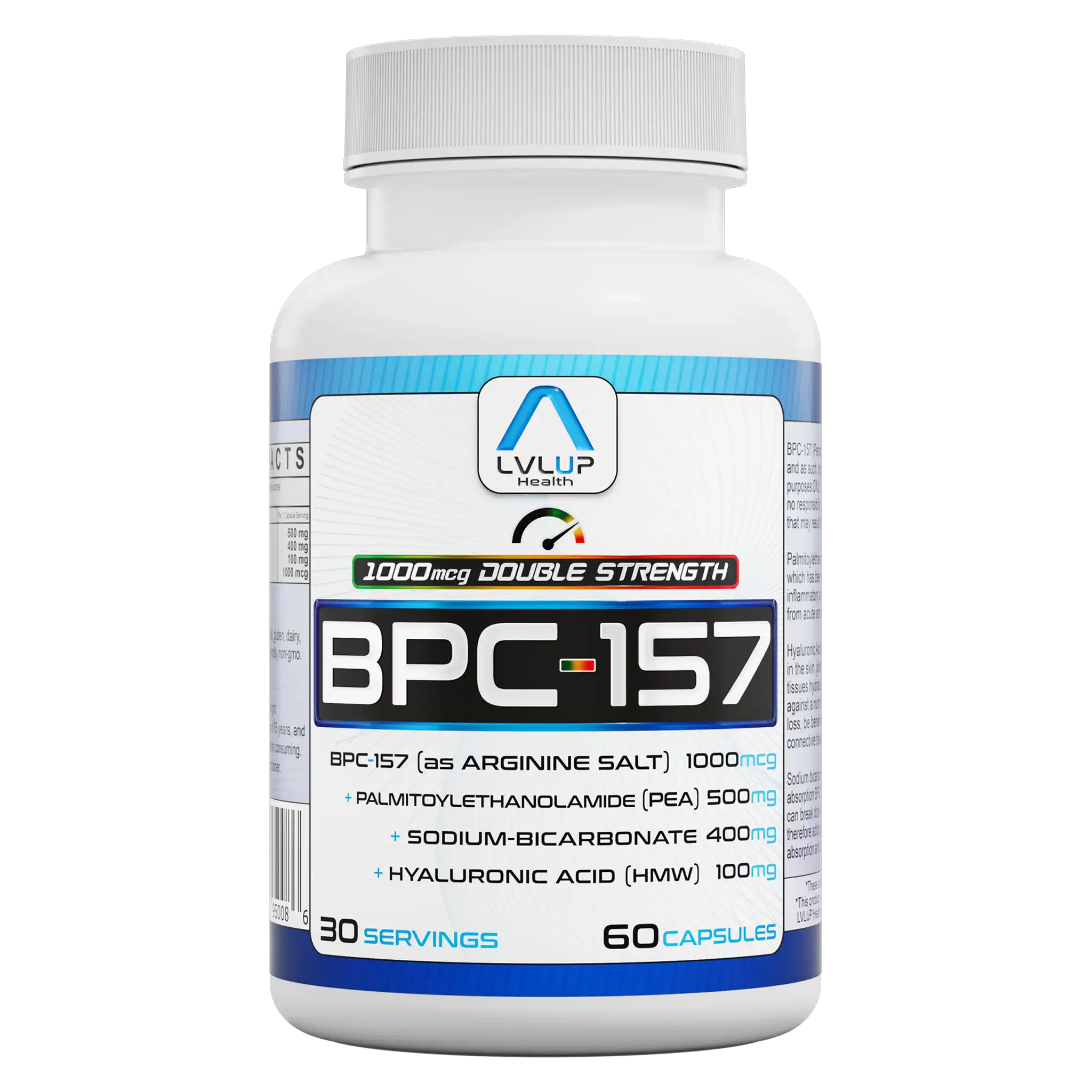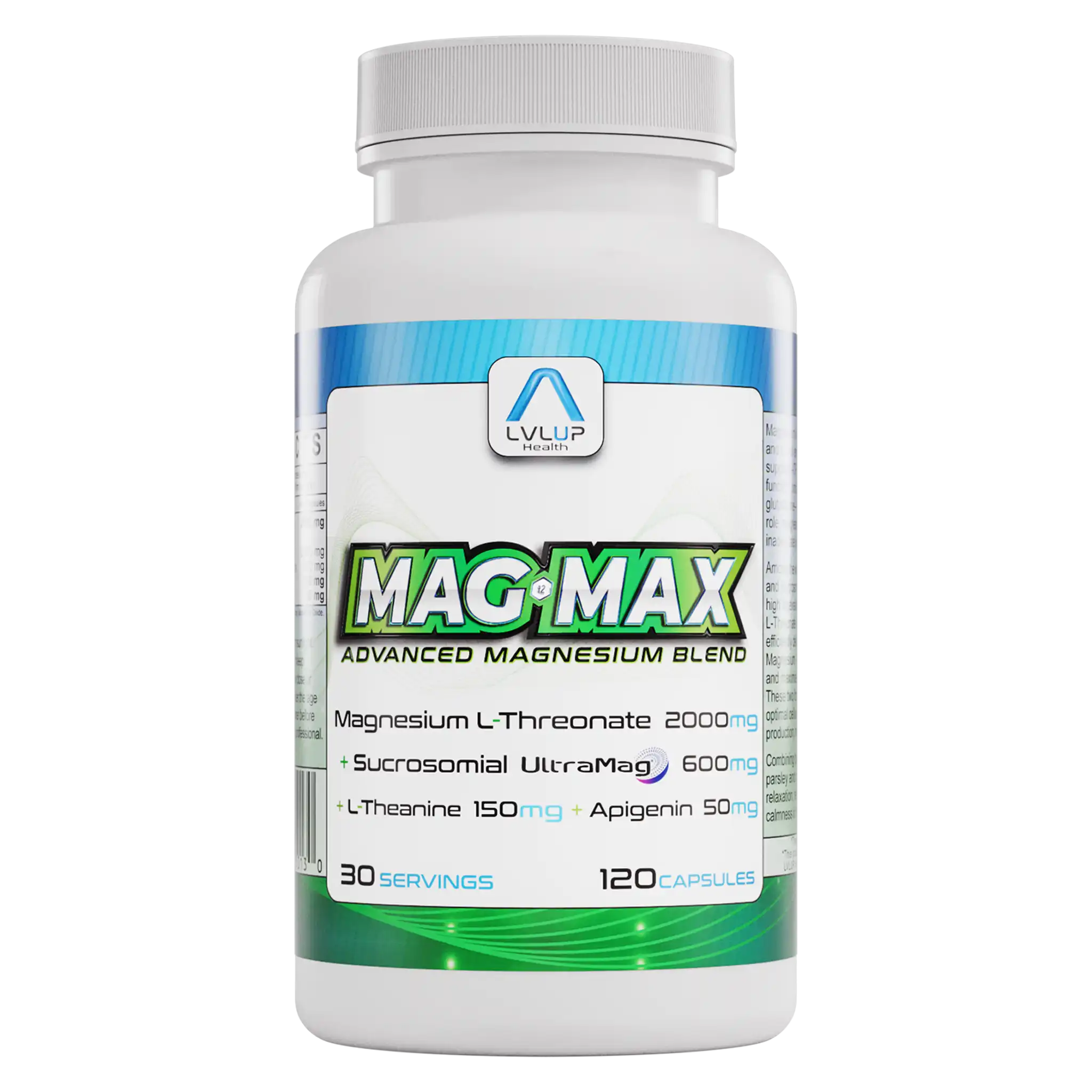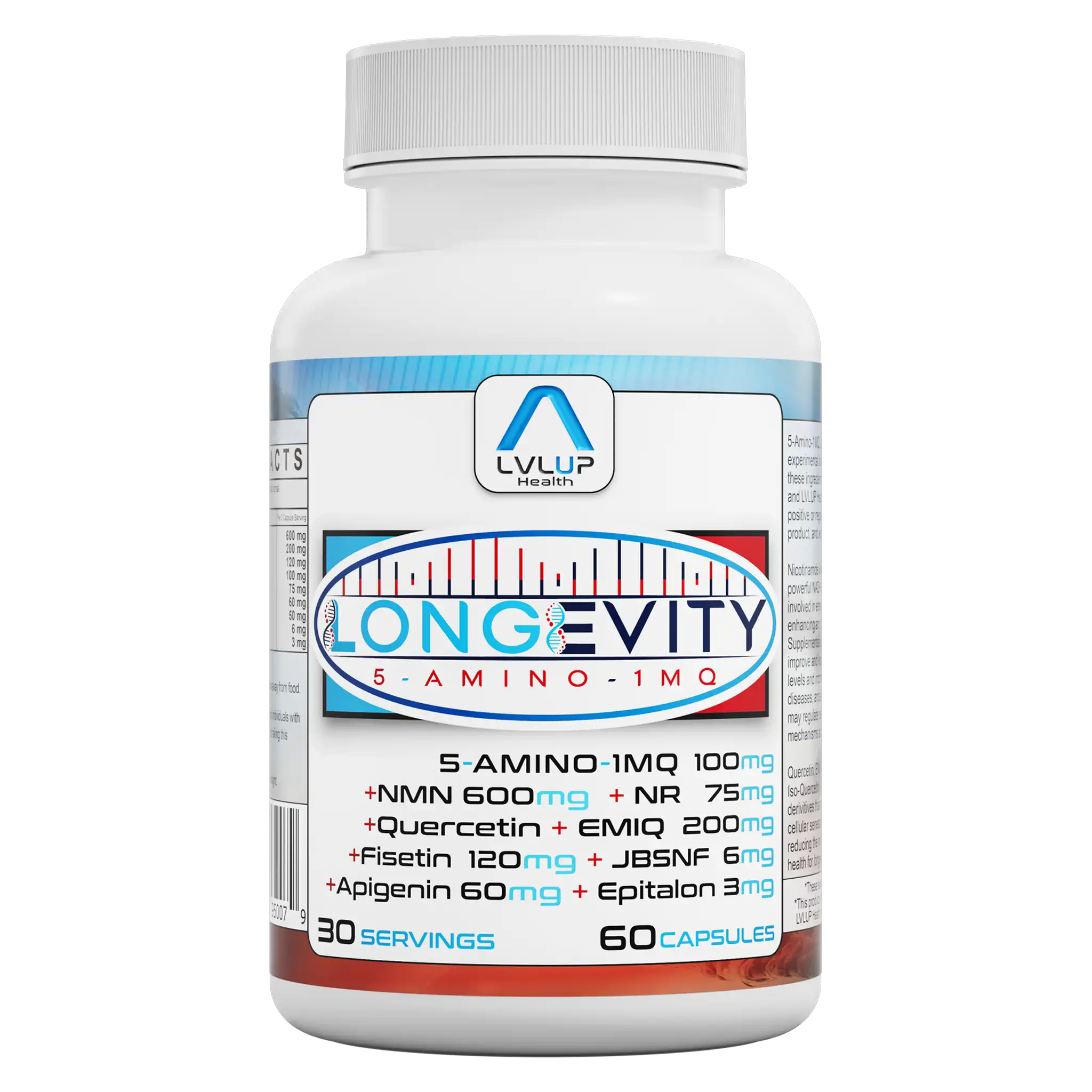Apigenin
About Apigenin
Balancing Act
Apigenin lands in that rare sweet spot between gentle herbal remedy and research-backed bioactive compound. It’s part of the flavonoids family, which is responsible for much of the color and resilience in fruits and vegetables. Apigenin interacts directly with key pathways in your brain.
Calming Effects
Calming is where apigenin really shines. It binds strongly to GABAA receptors, the same targets as benzodiazepine medications, providing anti-anxiety effects without sedation or next-day sluggishness. People often notice reduced rumination or racing thoughts, and some report a broader sense of mental quiet. It’s a welcome addition for anyone feeling mentally “wound up.”
Blending Benefits
Apigenin is a great candidate for blends targeting stress, relaxation, or sleep support. Its potency at the GABA receptor is often compared to prescription anxiolytics. But that’s not just hype – lab studies show its calming effect can rival pharmaceuticals in some models.
Working Together
Apigenin pairs well with other ingredients for stress relief. When combined with magnesium (especially forms like magnesium L-threonate) and L-theanine (from green tea), its calming power gets a boost. This trio works by enhancing GABA activity in the brain while supporting natural sleep cycles and mental clarity.
Cognitive Support
Besides calming, apigenin offers cognitive support with antioxidant properties that protect neurons from stressors and oxidative damage. There’s interest in its potential to preserve mental sharpness as we age.
Intriguing Research
Some studies have shown apigenin can induce apoptosis (cell death) in certain cancer cells during lab testing. This research continues as scientists explore dietary flavonoids’ role in cellular health.
Finding Apigenin
You’ll find apigenin in advanced blends aimed at relaxation or balanced mood. Products like Mag Max combine dual magnesium forms with calming agents for cognitive clarity and restful nights.
Found In
Formulated With
Detailed Information
Chemical Structure and Sources
Apigenin (4’,5,7-trihydroxyflavone) is part of the flavone subclass of polyphenolic compounds, found in plants like chamomile and parsley. It shows potent anxiolytic activity in animal models and human neuronal cultures by binding to benzodiazepine-sensitive GABAA receptor subtypes without causing marked sedation, offering an advantage over traditional sedatives.
Modulation of Cognitive States
Apigenin’s effects are mediated through several pathways: direct agonism at GABAA receptors, suppression of pro-inflammatory cytokines via NF-kB pathway inhibition, upregulation of neuroprotective factors like BDNF, scavenging of ROS/RNS species, and inhibition of monoamine oxidases A/B involved in neurotransmitter catabolism.
Apoptotic and Neuroprotective Actions
Several studies have shown that apigenin induces selective apoptosis in malignant cell lines by activating intrinsic caspase cascades while sparing healthy cells, providing a basis for ongoing research into its role in integrative oncology protocols.
Pharmacokinetic Considerations
Apigenin undergoes extensive phase II conjugation during first-pass metabolism. Strategies like co-formulation with other polyphenols improve systemic exposure and CNS availability. Preclinical data confirm blood-brain barrier penetration sufficient for CNS effects, with ongoing studies to optimize delivery systems.
Supplement Synergies
Supplement designs incorporating apigenin, like Mag Max, leverage its synergy with magnesium L-threonate (enhancing synaptic plasticity/BND-F) and L-theanine (promoting alpha-wave activity), amplifying anxiolytic efficacy through convergent modulation of GABAergic neurotransmission.
